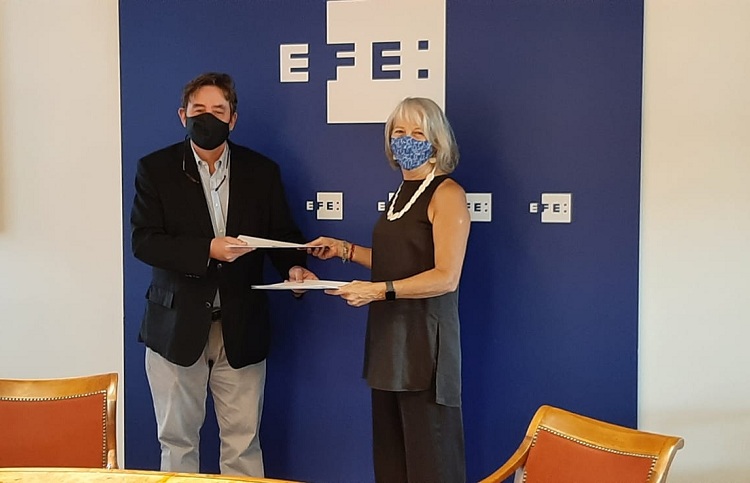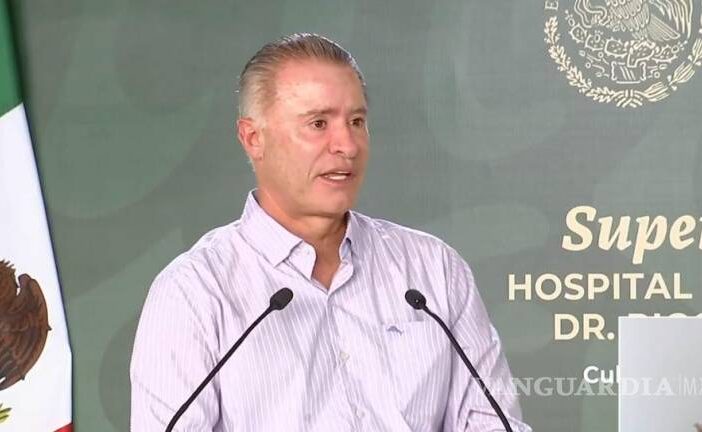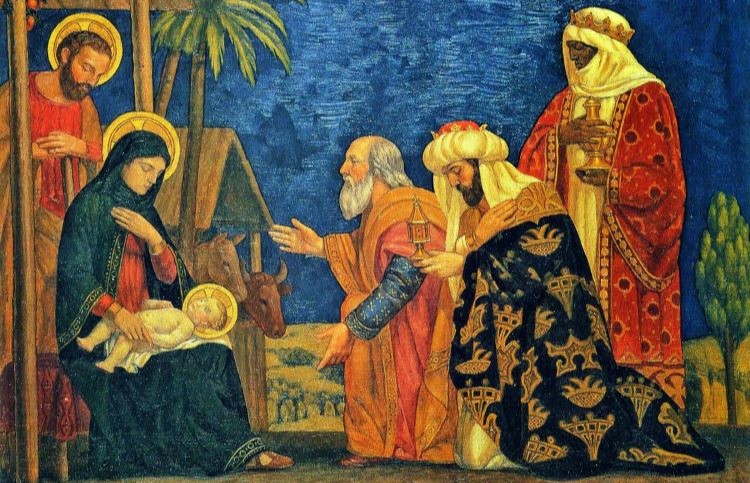The Diplomat
Last Friday, the Instituto Cervantes and the EFE Agency signed an agreement that will allow both public entities to share resources, services and spaces to strengthen the defense of the Spanish language.
The agreement was signed at the agency’s headquarters by the director of Cervantes, Luis García Montero, and the president of EFE, Gabriela Cañas, and aims to “join forces, taking advantage of their respective comparative advantages, to work synergistically and collaborate in areas of common interest”, as the text reads.
Under the agreement, the world’s leading Spanish-language news agency – and one of the top international agencies – will provide free access to EFEDATA, EFE’s database, at each Cervantes center abroad and at its headquarters in Madrid. The database includes more than 4,000 journalistic documents, 12 million news items from the last 22 years, more than 24,000 biographies, the history of some 400 entities and events and, thanks to its access, Cervantes will be able to consult the agency’s news, biographical and documentary databases from 1988 to the present. In addition, EFE will provide the Institute with a cultural information news service, online access to the World Digital Agenda, which reports on future events and events around the world, and access to the preview of the graphic archive.
For its part, the Cervantes Institute will provide EFE with the use of space at its headquarters in Madrid and Alcalá de Henares for events starting in 2022. Likewise, EFE will be able to install one exhibition a year with its photographic collections, for which both parties will agree on the dates and the most suitable venue for its assembly, and the Cervantes will provide the agency, both in Madrid and in each of its centers abroad, with a suitable location for the EFE Channel to be broadcasted.
“As public entities, our will is to join forces to strengthen the presence of our country in the world with the defense and promotion of the Spanish language and its culture,” said Gabriela Cañas after the signing. For his part, García Montero said that this agreement takes up “a long tradition of cooperation that began in 2006” and has resulted in “an institutional friendship” that has made them find “very fruitful ways of cooperation” in the form of “exhibitions, symposiums, information services and even sharing facilities in the world”.







